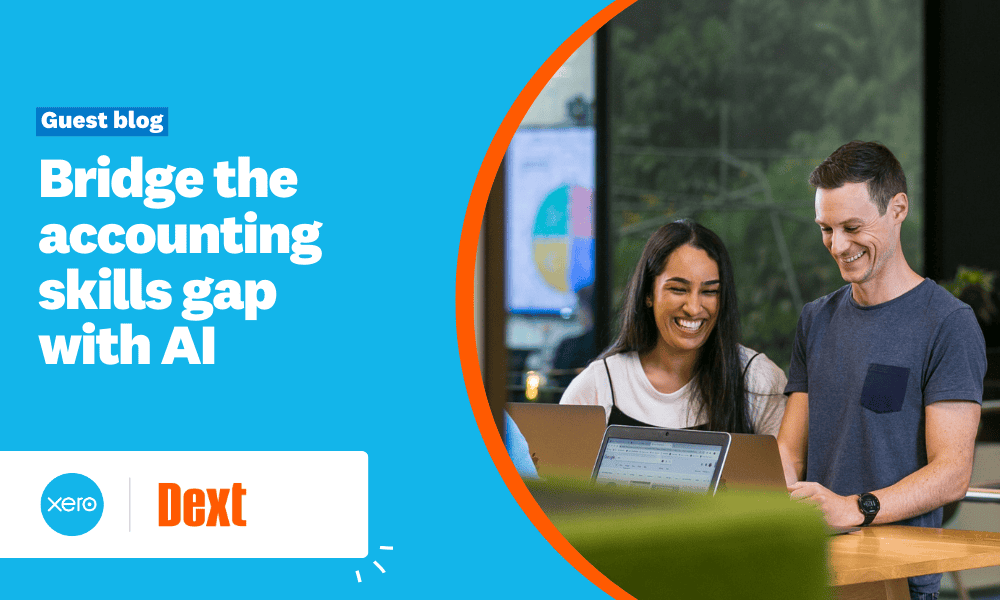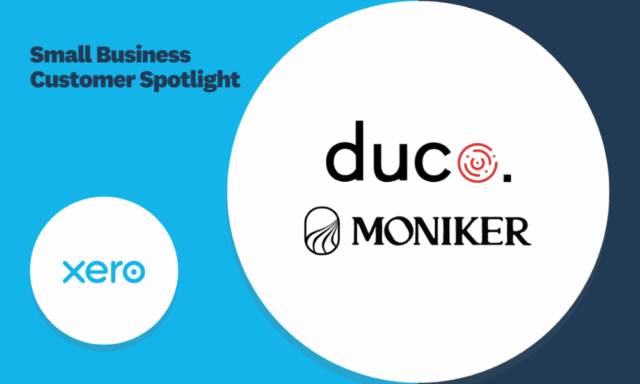
Top three reasons to bridge the accounting skills gap with AI

The accounting and bookkeeping industry is fizzing with talk about AI. While it might seem like just another buzzword, artificial intelligence (AI) has the potential to be a game-changer for firms in Australia, Aotearoa New Zealand, and other APAC markets, by helping to solve the persistent talent shortage.
Here are three reasons why embracing AI can help your practice thrive.
#1. Digital-focused firms will far outpace traditional
Just a few years ago, the most progressive accounting practices were the ones that had replaced paper receipts with cloud accounting tools. Today, the difference is between firms that still rely on desktop-based systems and those that are integrating AI-powered platforms into their daily workflows.
This isn’t about chasing the latest tech trend. It’s about remaining competitive. Many firms across the APAC region are already moving ahead with digital transformation. In Singapore, government programs are helping accounting firms adopt new technologies quickly. In Australia, initiatives from the ATO – like e-invoicing and digital lodgements – are encouraging firms to work more efficiently using modern tools.
Those utilising AI are already realising significant time savings, improved accuracy, and greater client satisfaction. For firms that have yet to start the transition, the risk isn’t falling slightly behind, but rather being left out of the future entirely.
#2. The talent shortage is persisting
Across the region, accounting faces an urgent talent challenge. The number of new graduates entering the profession is falling, and burnout and lack of career flexibility remain persistent concerns.
But there’s a clear opportunity: AI can help reframe what a modern accounting career looks like. By reducing repetitive tasks and freeing up capacity, firms can offer junior staff more meaningful, value-adding work. This ultimately aligns with what younger professionals expect from a career today.
Max Whiteley, product domain expert at Dext, says there’s more that technology players can do for the accounting industry in the age of AI.
“The role of the accountant is changing and we can do so much more to project that out into the industry,” he says.
Digital-native employees, often more comfortable with new technologies than their more experienced peers, can play a leading role in the successful adoption of AI-powered workflows. This shift not only makes firms more attractive employers but also ensures they stay current with platform updates, features, and best practices.
#3. You can invest more time into strategic advisory
Applied AI can automate everything from document capture to bank reconciliation. For junior team members, that means more time reviewing outputs and applying professional judgement, rather than manually preparing data.
For senior accountants, the value proposition is even clearer. With the administrative workload reduced, they can focus more on strategic planning, cash flow forecasting, and providing clients with deeper financial insights. That could mean anything from helping a Brisbane café recover after unexpected business costs to advising a SaaS business in Auckland on how to scale effectively.
Importantly, AI also enables better mentoring. Senior staff can involve junior colleagues in advisory work earlier in their careers, building technical and interpersonal skills faster while enhancing the firm’s ability to serve its clients.
“Tech enables me to do the advisory piece,” says Whiteley. “It helps me with accuracy. Even just with my day to day communication.”
Looking ahead at the firms who adopt AI
The point of AI is not to replace accountants, but to enable them to do their best work.
The firms who adopt AI-powered workflows now will not only navigate the skills shortage more effectively, but also attract and retain the next generation of talent, build stronger client relationships, and successfully position themselves as strategic advisors.
“At the end of the day, they’ll be the ones that remain in business by providing the speed and strategic advisory work their clients will come to expect and demand,” says Stephen Edgington, Dext’s chief product and technology officer.
“Adopting AI doesn’t remove the human element – it amplifies it.”
Dext is a powerful bookkeeping automation tool that leverages AI to extract data from documents, track expenses and mileage. It connects to 11,500+ apps, banks and more to streamline bookkeeping workflows. Connect Xero to Dext in the Xero App Store.





